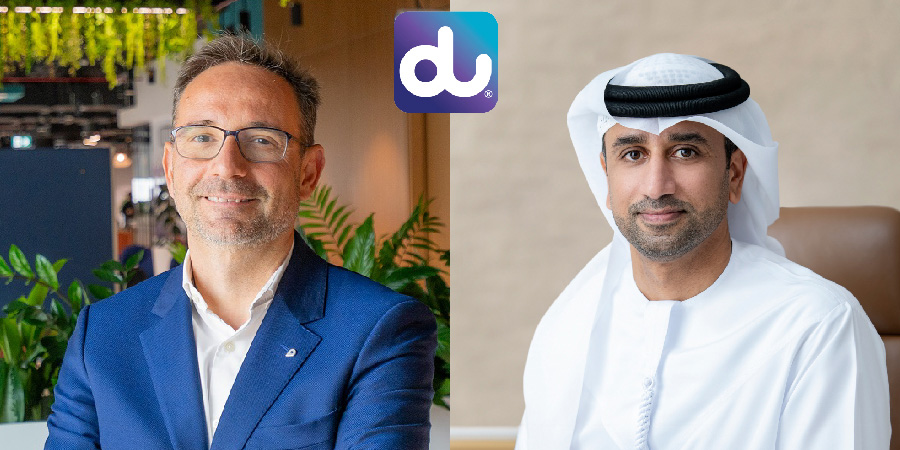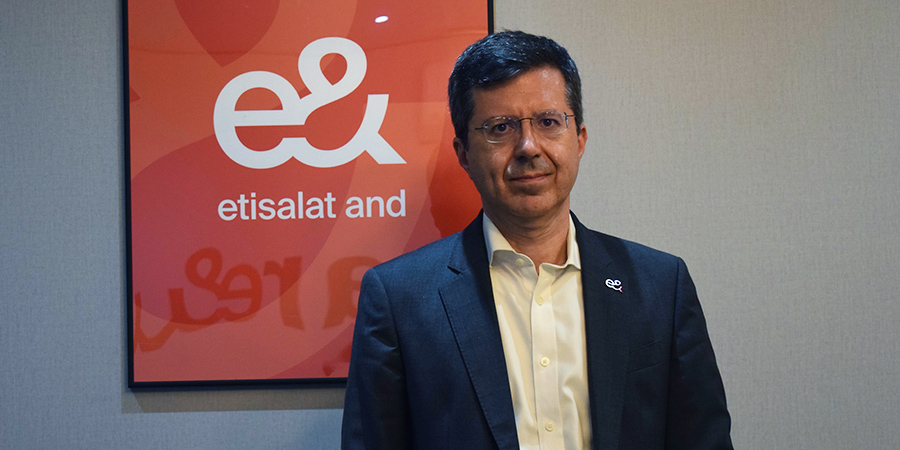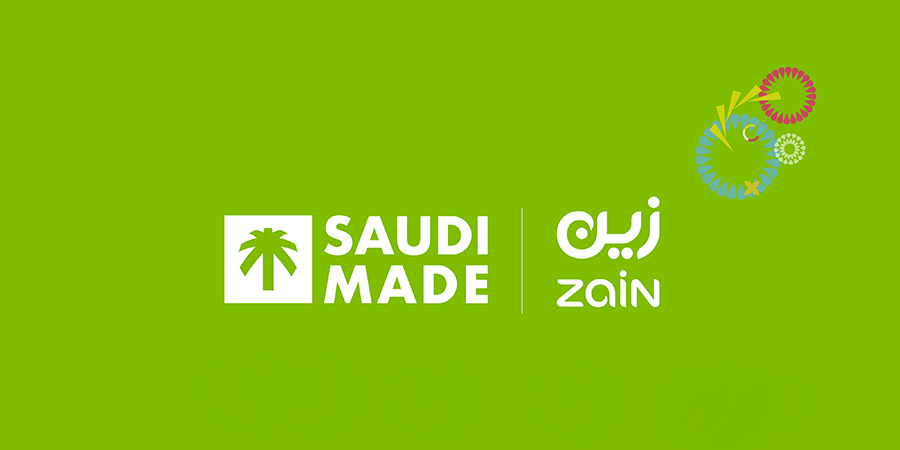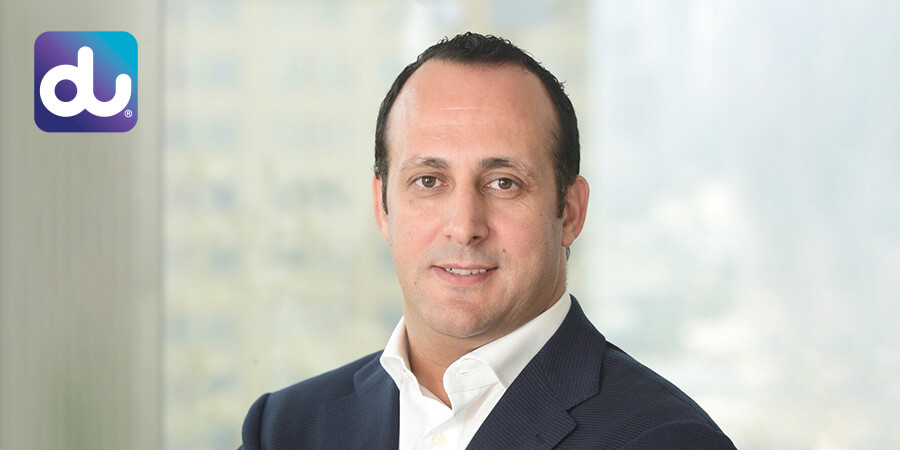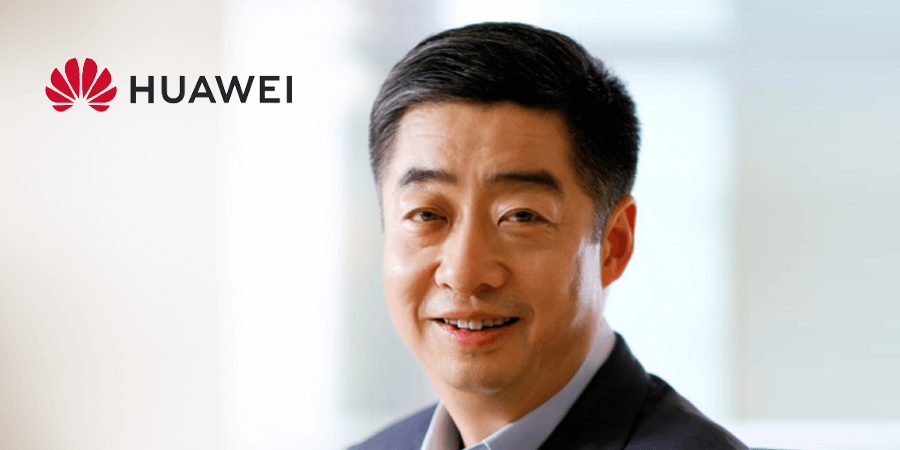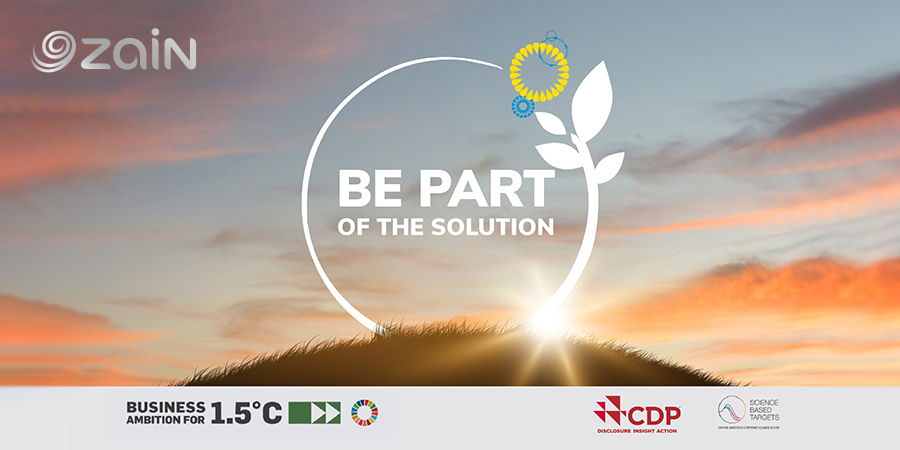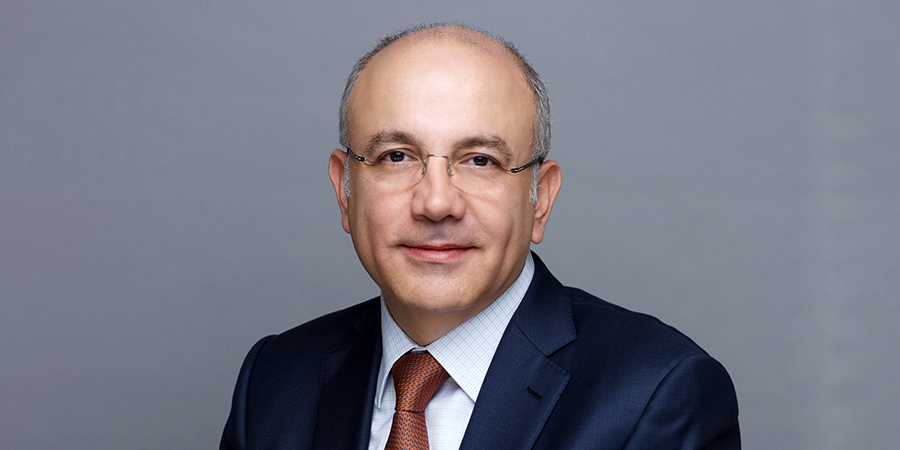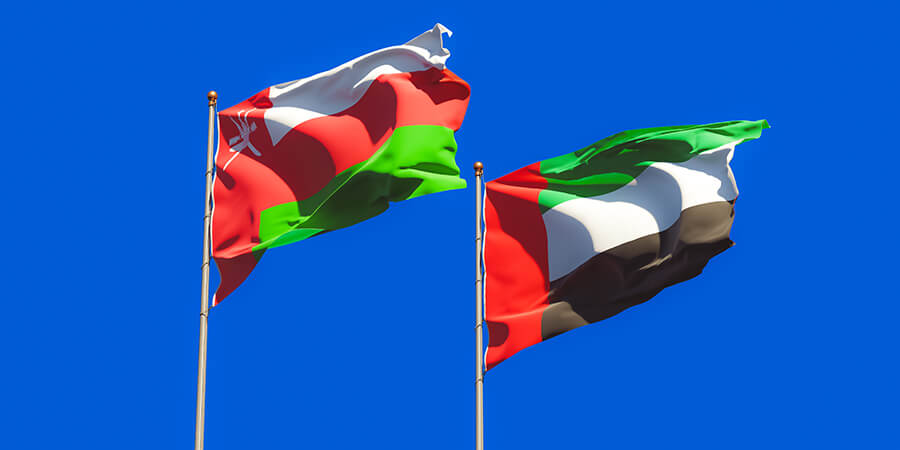The initiative aims to examine the technical and business requirements of virtualizing Etisalat network functions; such as Operations Support Systems (OSS), Value-Added Services (VAS) and Policy and Charging Rules Function (PCRF). The Etisalat Cloud Factory will also focus on the centralization of these functions onto a distributed data center platform, enabling easier sharing of resources amongst the 18 operating companies in Etisalat Group's footprint.
"The Cloud is a concept that offers great potential for businesses and governments in the era of big data," said Etisalat Group CTO, Hatem Bamatraf. "Working in partnership with industry leaders, like Huawei, we intend to be the first to develop the feasibility of pooling the infrastructure resources, which will realize the enterprise solutions, providing our customers with a competitive edge. Etisalat's Regional Cloud Factory is a strategic priority and another example of how Etisalat Group is at the forefront of delivering innovation that adds value for our customers."
Peng Xiongji, President of Huawei Etisalat Global Key Account, added: "Building on our long-term relationship with Etisalat, Huawei is committed to supporting the wider transformation from more traditional architecture to cloud-based platforms of the future. New designs developed through the Etisalat Cloud Factory will make services and processes more agile and support Etisalat to prepare for market changes, promote innovation, and help its own customers achieve business success in the digital era."
What is the Cloud Factory? The term refers to centralization of certain network/IT services, application and functions from a number of Etisalat Operational Companies into one unified and converged Cloud platform. The Etisalat Cloud Factory will be based on the use of distributed virtual data centers as part of a new network architecture.
The reason behind the development was Etisalat's pursuit of its Network 2020 vision to be service ready for future consumer and business requirements. This vision encompasses pioneering initiatives in the areas of Software-Defined Networks (SDN) and Network Function Virtualization (NFV) to drive Etisalat service agility, expenditure savings, and to better leverage its investments in existing infrastructure.
Etisalat and Huawei have already worked together to publish a white paper and carry out a proof of concept for certain scenarios that validate the Network 2020 architecture and move it closer to reality.



